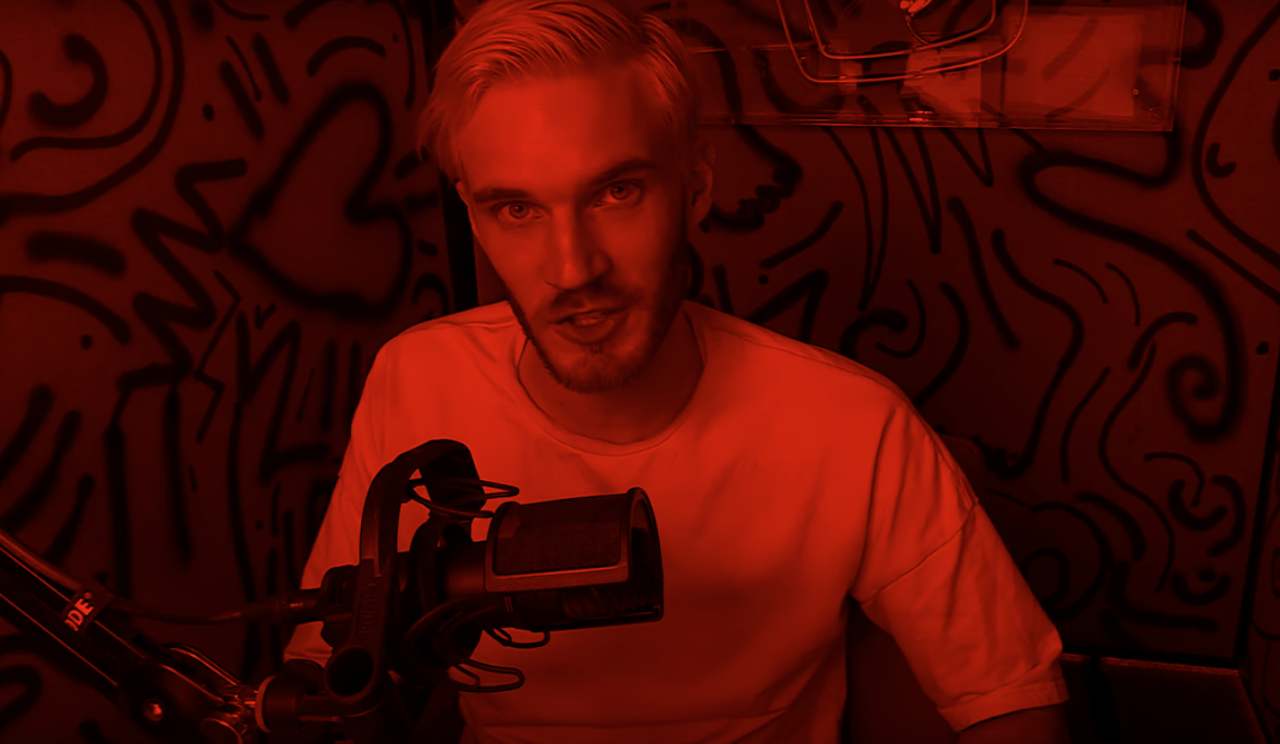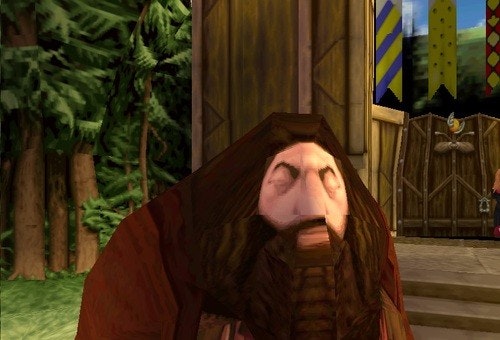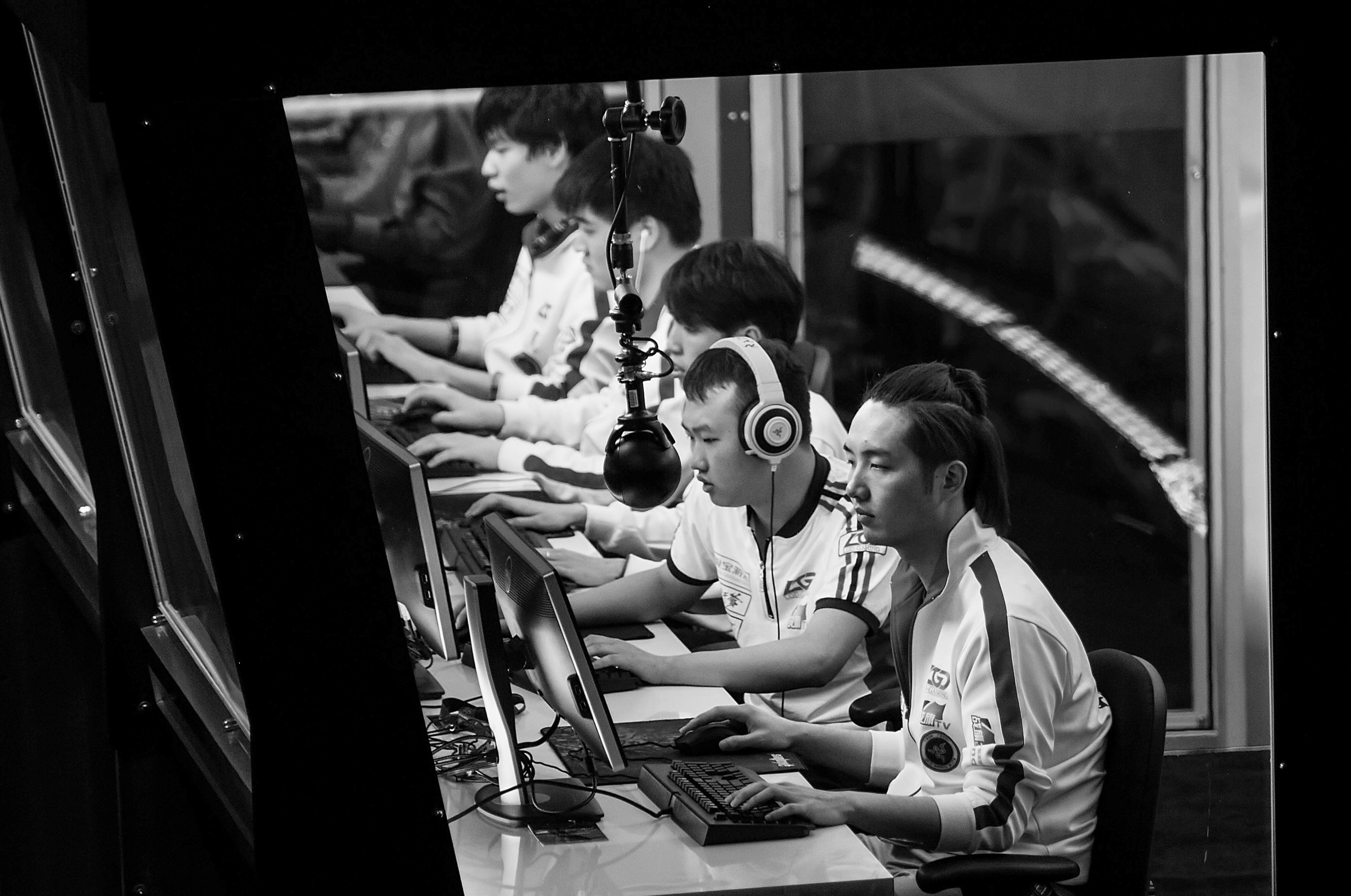Over the past month, PewDiePie, the YouTube star who became famous for posting videos of himself playing video games and making “humorous” commentary, has been under attack. Or, that’s what he’d have you believe, anyway.
On January 11, PewDiePie, real name Felix Kjellberg, a 27-year-old Swede who has earned millions of dollars from his YouTube channel, posted a video in which he paid two men in India to hold a sign saying “Death to All Jews.” Unsurprisingly to literally everyone on the planet except for Kjellberg, maybe, people kind of freaked out.
In a video posted to YouTube Thursday titled “My Response,” Kjellberg explained that the whole thing was a joke. The video was posted apparently in reaction to a flurry of negative articles written about Kjellberg after the first video was published; one piece, in The Wall Street Journal, noted that over the years he’d made similar anti-Semitic jokes. The article pointed to nine instances of “anti-Semitic jokes or Nazi imagery” in his videos since August. In the wake of all this bad press, Maker Studios dropped Kjellberg as a client and Disney canceled their deal with him.
However, Kjellberg is not owning up to his prejudice. Taking a cue from Donald Trump, he thinks the media caused the loss of those deals and that he did nothing wrong. In the second video, Kjellberg gives a weak apology for his “joke,” offering his contrition to those who “were offended.” Most of his spiraling monologue is dedicated to the “mainstream media,” who he says, “blatantly misrepresent people for their own personal gain” and “viciously attack people” (like him, a man successful for playing video games). He’s noticed, he says, that the more he pointed this truth out, the more the media piles on. The parallels between Kjellberg and Trump are obvious but timely: Both are popular despite the fact that they are blatantly prejudiced, and both do not seem to “get” why that is a problem. The media is the problem because, if there were no media, Trump and Kjellberg’s racism would never be brought to light (even though they are openly racist public figures).
People like Kjellberg, of course, love the media, until they don’t. Kjellberg’s earning potential grew plenty with each WSJ article, and though he’d have us believe otherwise, almost nobody would have heard of him without that media he is now openly blasting and accusing of attacking him for simply reporting his own words and actions.
Kjellberg is deeply misrepresenting the media, though, without which he would probably still be playing video games alone in his underwear with no audience. He has been the subject of myriad positive — if slightly bemused — press over the years. It’s possible Kjellberg missed these articles that don’t attack him, though, so we’ve compiled them for him. Most of them, you’ll note, are pretty mainstream.
- How YouTube’s Biggest Star Got His Start (Slate)
- This Guy Makes Millions Playing Video Games on YouTube (The Atlantic)
- The World’s Most Popular YouTuber Makes $4 Million a Year (Business Insider)
- YouTube Video Game Star PewDiePie Makes $4 Million per Year (GameSpot)
- YouTube’s Biggest Draw Plays Games, Earns $4 Million a Year (The Wall Street Journal)
- YouTube Introduces YouTube Red, a Subscription Service (The New York Times)
- The Cult of PewDiePie: How a Swedish Gamer Became YouTube's Biggest Star (Rolling Stone)
- YouTube sensation PewDiePie launches his own network (Los Angeles Times)
- PewDiePie Gets To Be The Boss Of His Own YouTube Network Thanks To Disney (Forbes)
- Disney Is Giving PewDiePie His Own Network (AdWeek)
- PewDiePie's response to making $7.4 million is exactly why he's so successful (The Verge)






